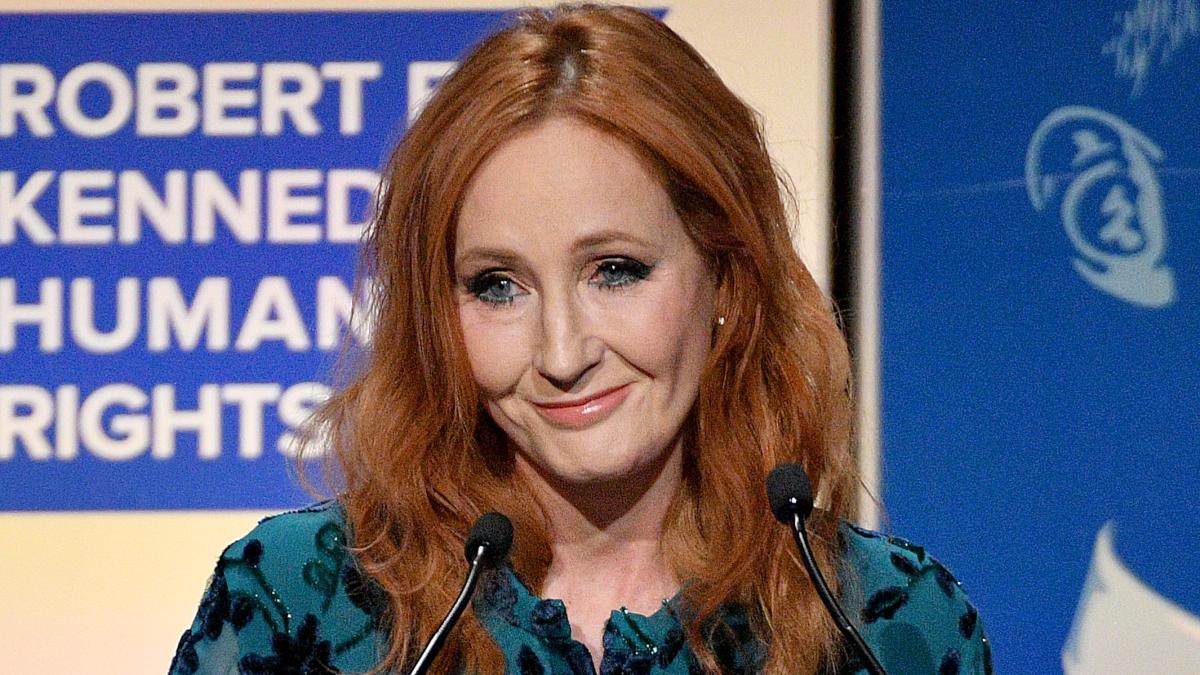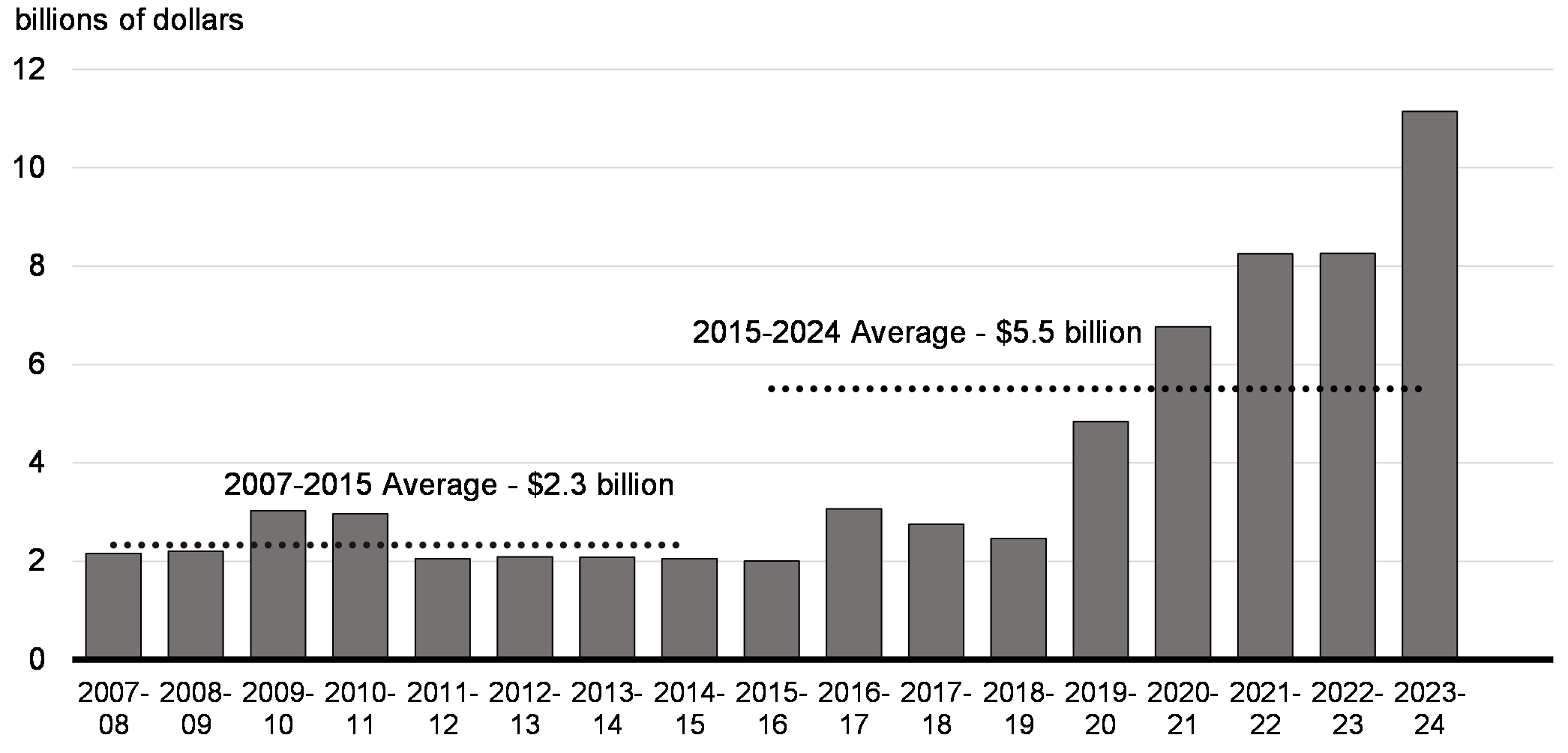Nope, they are not the same thing.
Chromosomes, gametes etc define SEX. Sex is either male or female.
Gender identity is not sex.
I will take the Canadian Institute of Health Research definition, over any rightie who get their education on Joe Rogan or Matt Walsh or one of these other lunatics.
So yes, women (cis women and trans women) are using women's restrooms and men (cis men and trans men), men's.
...

cihr-irsc.gc.ca
Sex refers to a set of biological attributes in humans and animals. It is primarily associated with physical and physiological features including chromosomes, gene expression, hormone levels and function, and reproductive/sexual anatomy. Sex is usually categorized as female or male but there is variation in the biological attributes that comprise sex and how those attributes are expressed.
Gender refers to the socially constructed roles, behaviours, expressions and identities of girls, women, boys, men, and gender diverse people. It influences how people perceive themselves and each other, how they act and interact, and the distribution of power and resources in society. Gender identity is not confined to a binary (girl/woman, boy/man) nor is it static; it exists along a continuum and can change over time. There is considerable diversity in how individuals and groups understand, experience and express gender through the roles they take on, the expectations placed on them, relations with others and the complex ways that gender is institutionalized in society.
Liberals are not going to die on this hill or whatever. Liberals dont have to do anything. Its already done and protected in Canada. Righties will be the ones dying, screaming their lungs out.
I know all about gametes. I took biology.
Did you know that all embryos start out as female in the womb?
Some biology of sexuality

pubmed.ncbi.nlm.nih.gov
Geneticists have discovered that all human embryos start life as females, as do all embryos of mammals. About the 2nd month the fetal tests elaborate enough androgens to offset the maternal estrogens and maleness develops
Aka banning certain ideas from being presented to children. Aka restriction on freedom of speech.
Aka promoting restricting of who writes school curricula and whose ideas are presented, and how they are presented, effectively restricting freedom of speech, while misleading people, stoking racial tensions and manipulating people into thinking that critical race theory blames white people and calls them all racist. It does not.
They want racism, sexism, homophobia and transphobia out of social media and prevent bullying and harassement. These are not ideas, but are hate speech, that is rightfully being banned. According to the right, anyone who makes an educated comment, is "elite" and therefore should be disregarded or suspected. It is paranoic, illiterate and downright nonsensical.






;Composite=(type=URL,url=https://images.radio-canada.ca/v1/assets/elements/16x9/outdated-content-2023.png),gravity=SouthEast,placement=Over,location=(0,0),scale=1)








